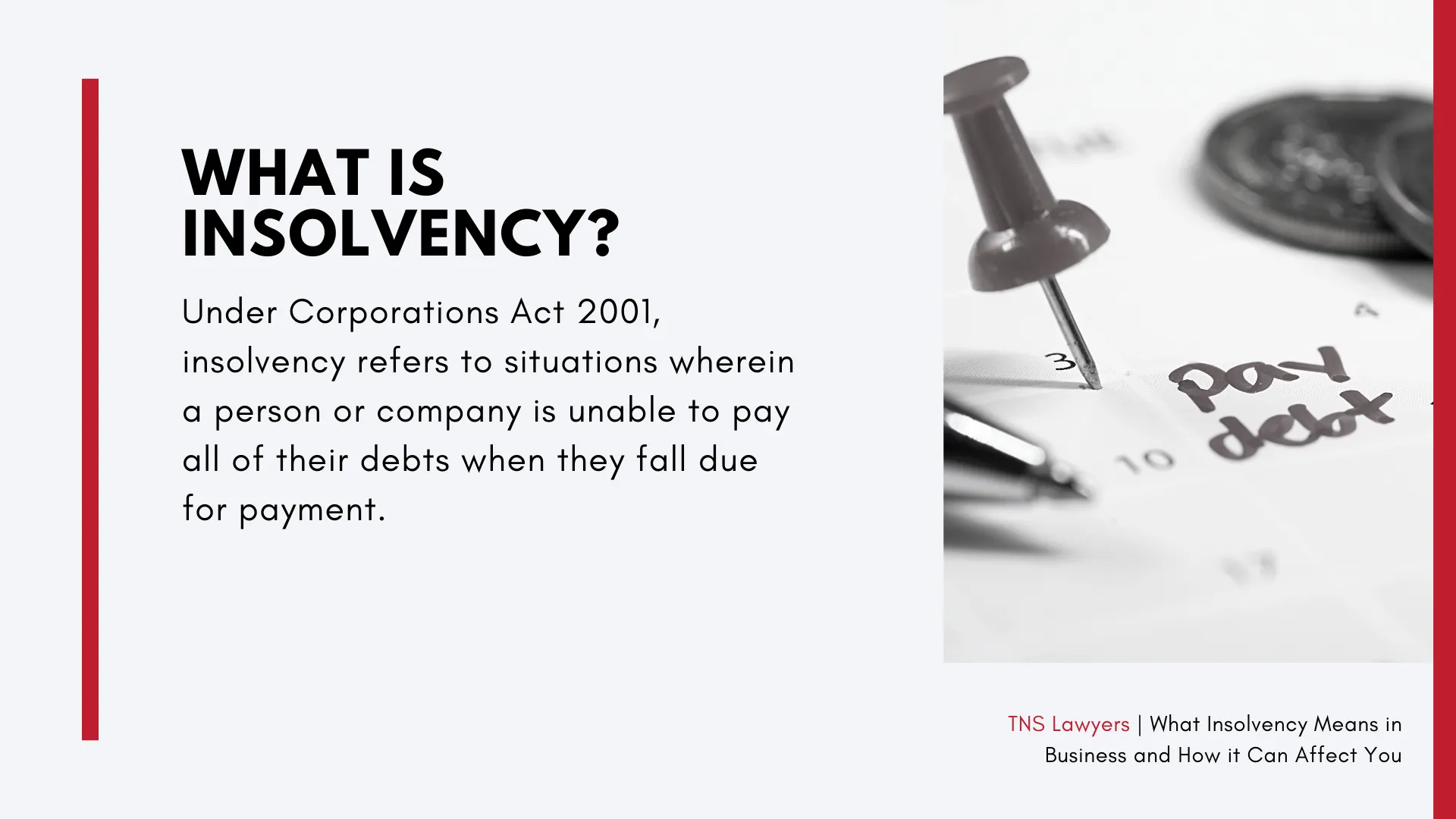The Basic Principles Of Insolvency Practitioner
The Basic Principles Of Insolvency Practitioner
Blog Article
The Of Insolvency Practitioner
Table of ContentsWhat Does Insolvency Practitioner Do?Facts About Insolvency Practitioner UncoveredThe Best Guide To Insolvency PractitionerThe 6-Minute Rule for Insolvency PractitionerInsolvency Practitioner for DummiesThe 6-Minute Rule for Insolvency Practitioner6 Simple Techniques For Insolvency Practitioner
Insurance coverage is kept an eye on and controlled by state insurance coverage departments, and among their key goals is securing insurance policy holders from the danger of a company in economic distress. When a firm goes into a period of financial trouble and is not able to satisfy its obligations, the insurance commissioner in the firm's home state starts a processdictated by the laws of the statewhereby initiatives are made to aid the business reclaim its monetary footing.If it is figured out that the company can not be refurbished, the business is proclaimed financially troubled, and the commissioner will certainly ask the state court to purchase the liquidation of the firm. The insurance commissioner, either assigned by the guv or elected, heads the state insurance department and displays and regulates insurance policy activity within the state.

[Back] By acquiring control of a business, the commissioner (or the insurance coverage division) is, by legislation, the rehabilitator or liquidator of the business. In this capability, the commissioner or department takes control of the business's operations. As opposed to do so directly, the commissioner might preserve an unique replacement receiver to oversee the business's activities.
Insolvency Practitioner for Beginners
The receiver supervises an accounting of the firm's possessions and responsibilities and provides the estate of the company. In doing so, the receiver looks for to optimize the company's properties, transfer them to money, and afterwards disperse that cash to lenders having legitimate claims versus the insurance provider in conformity with repayment top priorities specified by state legislation (in all states, policyholders are top priority claimants whose cases are paid before those of basic lenders).
All insurance business (with minimal exemptions) certified to sell life or health insurance coverage or annuities in a state have to be participants of that state's guaranty organization. The guaranty association accepts the commissioner and the receiver in pre-liquidation planning. When the liquidation is gotten, the warranty association offers insurance coverage to the company's insurance policy holders that are state homeowners (up to the levels specified by state lawssee below; any type of advantage quantities over the warranty asociation benefit degrees become claims against the company's staying possessions).
The above insurance coverage degrees use separately for each financially troubled insurance company. [Back] When an insurer fails and there is a shortfall of funds needed to meet the obligations to insurance policy holders, state guaranty associations are activated. Guaranty associations have two main resources of financing when giving insurance coverage to insurance holders. Guaranty associations have subrogation rights to a proportionate share of the properties continuing to be in the fallen short insurance company.
Insolvency Practitioner Fundamentals Explained
Second, insurance firms doing company in that state are analyzed a share of the amount needed to meet the part of the warranty organizations' covered cases not otherwise funded with estate properties. The amount insurance firms are evaluated is based on the quantity of costs that they collect in that state. [Back] The National Company of Life and Health And Wellness Insurance Coverage Warranty Organizations (NOLHGA) is composed of the life and health insurance warranty organizations of all 50 states and the District of Columbia.
NOLHGA develops a job pressure of depictive guaranty associations to work with the insurance commissioner to establish a strategy to secure insurance holders.
You are here: Bankruptcy is when a firm or person can not pay financial debts when they are due. There are numerous choices offered to an insolvent company or individual: ASIC regulates business, it does not handle personal insolvency procedures. For more details regarding insolvency and personal bankruptcy contracts, go to the Australian Financial Security Authority internet site.
The Best Guide To Insolvency Practitioner
Anticipating security by aiding you choose the ideal customers and the ideal markets to avoid uncollectable loan to begin with, thanks to severe economic analysis (Insolvency Practitioner). Thorough market knowledge, providing you with 360-degree exposure on organization markets and approaching difficulties. It site web would be a simplification to believe a profession credit report insurance coverage starts and ends with premiums and pay-outs
This can occur for a variety of reasons, consisting of bad monetary monitoring, unanticipated expenses, or a change Full Article in the market. If a firm is financially troubled, it may be compelled to fold or liquidate assets to pay creditors. This can have a significant influence on business, workers, and investors.
Insolvency Practitioner for Dummies
It can result in job losses, asset sales, and also personal bankruptcy. It is necessary to recognize exactly how corporate insolvency jobs and exactly how it can affect your company. Why does a business participate in bankruptcy? There are a variety of reasons that a business might participate Going Here in bankruptcy. One of the most common factor is that the firm is not able to pay its financial obligations as they fall due.

The Basic Principles Of Insolvency Practitioner
The firm may be forced to market possessions, lay off staff or also close down. Creditors might be left out of pocket and the business's shareholders might see their investment go away.
This can occur for a number of factors, including inadequate monetary management, unanticipated expenses, or a change in the marketplace. If a business is insolvent, it might be forced to shut down or liquidate possessions to pay creditors. This can have a significant influence on the business, workers, and investors.
The Main Principles Of Insolvency Practitioner
Why does a firm get in right into bankruptcy? There are a number of factors why a firm might get in right into bankruptcy.
Other factors for insolvency consist of scams, mismanagement, and unexpected expenses. Bankruptcy can also lead to task losses and the closure of businesses.
This can have severe implications for the business, its stakeholders, financial institutions and the economy. The business might be forced to offer properties, lay off personnel and even close down. This can have a knock-on impact on the neighborhood area and the economy in its entirety. Creditors may be neglected of pocket and the firm's shareholders may see their investment go away.
Report this page